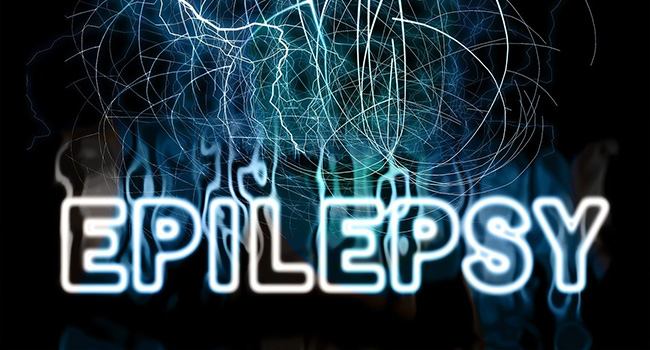
Generalized convulsive status epilepticus (GCSE) is a severe medical emergency characterized by continuous seizures lasting more than five minutes or recurring seizures without full recovery in between. It can cause loss of consciousness, violent muscle contractions, and difficulty breathing. GCSE can be life-threatening and requires immediate medical attention. Treatment includes administering medications, such as benzodiazepines, to stop the seizures and support the person's breathing and circulation. Prompt intervention is crucial to prevent brain damage and complications. If someone experiences symptoms of GCSE, it is essential to call for emergency help immediately.
Although the current stepwise approach of using benzodiazepines followed by a second-line anti-seizure medicine (ASM) for treatment is widely practiced, many patients still experience uncontrolled seizures and suffer from prolonged hospital stays, disability, and even mortality.
Clinical Trial
A
clinical trial determined if adding valproic acid (VPA) as a complementary treatment to the stepwise strategy could improve outcomes for patients with newly diagnosed GCSE. The trial involved 244 adults admitted to intensive care units for GCSE in 16 hospitals between 2013 and 2018. Patients received standard care of benzodiazepines and a second-line ASM, except for VPA. The intervention group received a loading dose of 30 mg/kg of VPA and a 1 mg/kg/h infusion for 12 hours. The placebo group received an identical intravenous saline administration as a bolus and continuous infusion. The primary outcome was the proportion of patients discharged from the hospital by day 15. Secondary outcomes included seizure control, adverse events, and cognition at day 90.
Results
There was no significant difference between the VPA and placebo groups regarding patients discharged from the hospital by day 15. Both groups had a similar proportion of patients discharged. Additionally, the two groups had no significant differences in seizure control, adverse events, or cognition.

